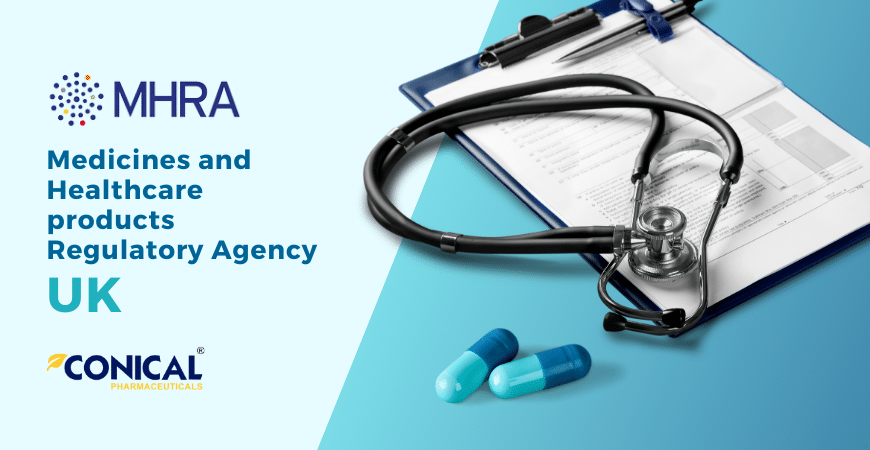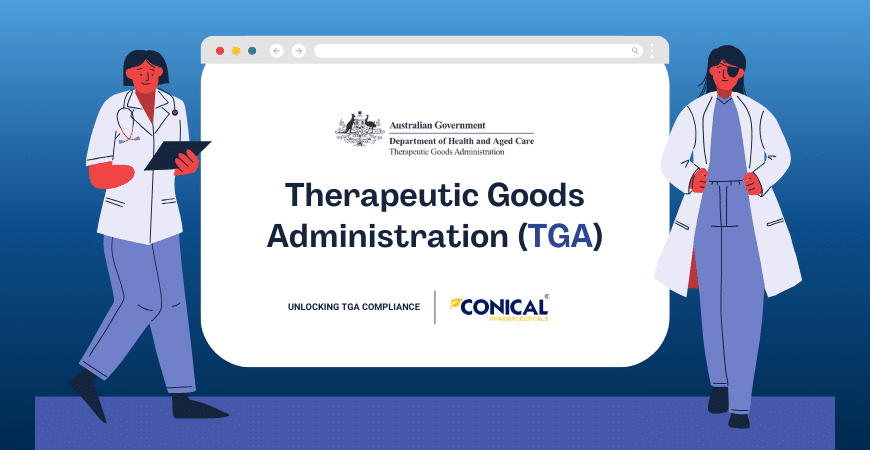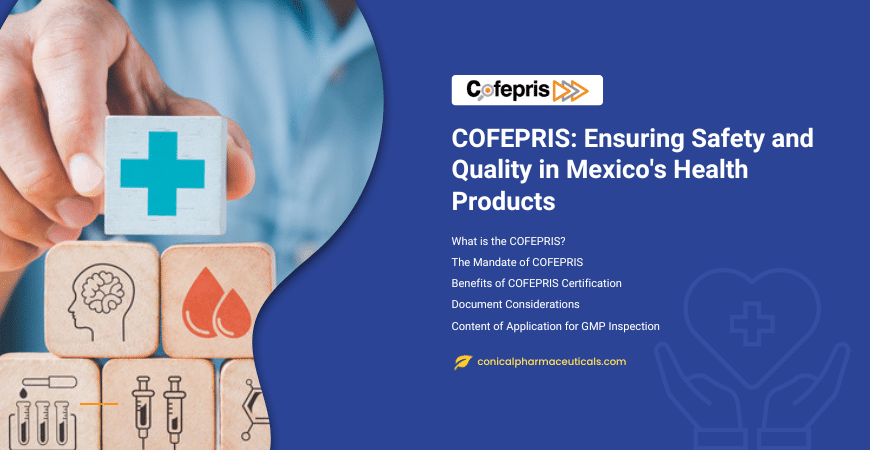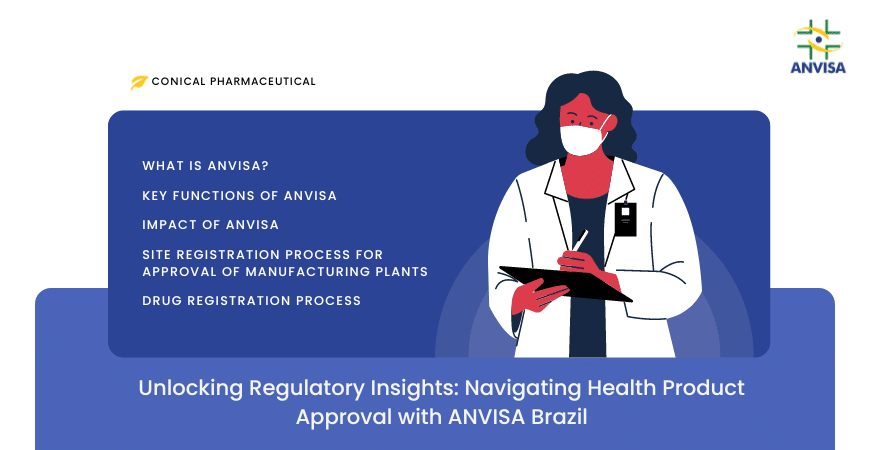Introduction
The Medicines and Healthcare Products Regulatory Agency (MHRA) is the government agency that regulates pharmaceuticals, blood establishments, advanced therapy medical products, and medical devices in the United Kingdom. The agency formed following the merger in 2003 of the Medicines Control Agency (MCA) and the Medical Devices Agency (MDA), then in 2013 with the National Institute for Biological Standards and Control (NIBSC). Its activities include overseeing UK notified bodies, regulating clinical trials, monitoring compliance for medicines and medical devices, and offering technical and regulatory advice for these products. For manufacturers, suppliers, and exporters operating in the pharmaceutical industry, understanding MHRA regulations is essential for compliance and market approval.
How to Apply and Maintain a Manufacturer License for Medicines in the UK
The MHRA has updated its guidance for applicants and holders of a manufacturer’s license in the UK. It has been updated to reflect the changes in the regulatory framework after the UK’s departure from the EU.
To be a MHRA certified manufacturer, you need to obtain a manufacturer license from the Medicines and Healthcare Products Regulatory Agency (MHRA). This license is a legal requirement that ensures the quality and safety of the medicines you produce or import and protects public health.
Basic steps and requirements for applying and maintaining a Manufacturer License for medicines in the UK
Step 1: Determine the type and scope of license
The first step is to determine the type and scope of your licence, depending on the activities and products you are involved in. There are different types of licences for different categories of medicines, such as human medicines, veterinary medicines, investigational medicinal products, and advanced therapy medicinal products. There are also different types of licences for different stages of the manufacturing process, such as manufacturing, assembly, importation, and distribution.
You need to specify the type and scope of your licence in your application form, and provide details of the products and activities you intend to carry out. You also need to identify the sites where you will conduct the manufacturing or importing operations, and the personnel who will be responsible for them.
Step 2: Prepare and submit application
The second step is to prepare and submit your application to the MHRA. You can find the application form and the guidance on how to complete it on the MHRA website. You need to fill in the form electronically and attach the relevant documents, such as the product list, the site master file, the GMP certificates, and the CVs of the key personnel.
You also need to pay the application fee, which varies depending on the type and scope of your licence. You can find the current fees on the MHRA website. You can pay the fee online or by cheque.
You can submit your application by email or by post. You will receive an acknowledgement from the MHRA within 10 working days of receiving your application.
Step 3: Undergo the inspection
The third step is to undergo the inspection by the MHRA. The inspection is a mandatory part of the application process, and it aims to verify that you comply with the standards of good manufacturing practice (GMP) and the conditions of your licence.
The MHRA will contact you to arrange the inspection date and time, and to inform you of the scope and objectives of the inspection. You need to prepare for the inspection by ensuring that your site, equipment, documents, and personnel are ready and available for the inspection.
The inspection will be conducted by one or more MHRA inspectors, who will visit your site and examine your facilities, processes, records, and samples. They will also interview your key personnel and ask them questions about their roles and responsibilities. The inspection may last from one to several days, depending on the complexity and size of your operations.
At the end of the inspection, the inspectors will provide you with a verbal feedback and a written report, which will include their findings and recommendations. They will also assign a compliance rating to your site, which can be one of the following:
- Compliant: Your site meets the GMP standards and the licence conditions, and no major or critical deficiencies are found.
- Qualified opinion: Your site mostly meets the GMP standards and the licence conditions, but some minor deficiencies are found that need to be corrected within a specified timeframe.
- Non-compliant: Your site does not meet the GMP standards and the licence conditions, and major or critical deficiencies are found that pose a risk to the quality and safety of the medicines.
Step 4: Receive the license decision
The fourth and final step is to receive the licence decision from the MHRA. The decision will be based on the outcome of the inspection and the evaluation of your application. The decision can be one of the following:
- Grant: Your license is granted and you can start or continue your manufacturing or importing activities, subject to the terms and conditions of your licence.
- Refuse: Your license is refused and you cannot start or continue your manufacturing or importing activities, due to serious non-compliance with the GMP standards and the licence conditions.
- Revoke: Your license is revoked and you must stop your manufacturing or importing activities, due to serious non-compliance with the GMP standards and the licence conditions that occurred after your licence was granted.
You will receive the licence decision in writing, along with the reasons for the decision and the appeal process. If your licence is granted, you will also receive a licence certificate, which will specify the type and scope of your licence, the products and activities you are authorised to carry out, and the sites and personnel you are responsible for.
How to Maintain a Manufacturer License
Once you have obtained your licence, you need to maintain it by complying with the GMP standards and the licence conditions, and by reporting any changes or incidents that may affect your licence to the MHRA. You also need to pay the annual retention fee, which is due on the anniversary of your licence grant date.
You will also be subject to periodic inspections by the MHRA, which will monitor your ongoing compliance with the GMP standards and the licence conditions. The frequency and scope of the inspections will depend on the risk and performance of your operations. You need to cooperate with the inspectors and implement any corrective actions they may require.
The MHRA may also take regulatory actions against you if you breach the GMP standards or the licence conditions, or if you pose a risk to the public health. The regulatory actions may include issuing warnings, suspending or revoking your licence, imposing fines, or prosecuting you.
Pharmaceutical Regulation and Registration Process for Manufacturers in the UK (MHRA)
The UK’s prescription medicines market ranked sixth globally, is largely controlled by the National Health Service (NHS) and its 35,000 general practitioners. Despite slowing growth, it remains a significant part of NHS spending. While there is no national reimbursement list, the UK government employs strategies to manage medicines expenditures effectively by pharmaceutical compliance.
A. Health Authority and Legal Representation
The Medicines and Healthcare Products Regulatory Agency (MHRA). MHRA UK ensures that medicines and medical devices meet the required standards of safety, quality, and efficacy before they are approved for use in the UK market.
B. Product Classification
- Prescription-only Medicines (POM): Prescription required for obtaining these medicines.
- Pharmacy Medicines (P): Pharmacist-supervised purchase from a registered pharmacy.
- General Sales List Medicines (GSL): No professional supervision required; available retail.
C. Pre-registration Requirements
Before initiating the MHRA drug licensing, pharmaceutical companies must compile a comprehensive dossier containing all relevant data from preclinical and clinical studies, manufacturing processes, and quality control procedures.
D. Registration Process to be MHRA Approved Manufacturer
1. Pre-Clinical Research:
Pharmaceutical companies gather data on the drug’s safety and efficacy before testing on humans.
2. Investigational New Drug (IND) Application:
Companies submit an IND application to MHRA to initiate clinical trials in humans.
3. Clinical Trials UK:
Drugs are tested in multiple phases, starting with Phase I trials on healthy volunteers, followed by Phase II and Phase III trials on patients with the targeted condition.
4. New Drug Application (NDA):
Companies submit an NDA to the MHRA, containing comprehensive data on the drug’s safety, efficacy, and manufacturing processes.
5. MHRA Review:
The MHRA UK reviews the NDA to evaluate the drug’s benefits and risks, ensuring compliance with regulatory requirements MHRA conducts GMP inspections for product integrity and safety.
6. MHRA Decision:
Based on the NDA review, the MHRA decides to go forward with Drug manufacturing regulations UK to approve the drug for marketing in the UK.
7. Post-Marketing Drug Surveillance UK:
Once approved, the drug’s continuously monitored through post-marketing surveillance and pharmacovigilance.
8. Labeling and Packaging:
Through Pharmaceutical product approval UK, Approved drugs require appropriate labeling as per Pharmaceutical labeling regulations UK and packaging that complies with MHRA guidelines in the UK.
9. Drug Marketing Authorization UK:
The MHRA grants the marketing authorization, allowing the drug’s commercialization in the UK market.
E. EU/US Approval and Its Impact
Approval of a pharmaceutical product in the EU or US can significantly expedite the registration process in the UK. The MHRA drug licensing process may accept data from the European Medicines Agency (EMA) or the US Food and Drug Administration (FDA).
F. Import and Distribution Requirements
Pharmaceutical products imported and distributed in the UK must meet specific quality and safety standards. Importers and distributors must adhere to the MHRA guidelines and have a Wholesale Distribution Authorization (WDA) to handle medicinal products.
G. Timeline and Associated Fees for MHRA Approval
- Preclinical Development: 1 to 3 years (approx.)
- Phase I Clinical Trials: 1 to 2 years (approx.)
- Phase II Clinical Trials: 2 to 3 years (approx.)
- Phase III Clinical Trials: 2 to 4 years (approx.)
- Marketing Authorization Application (MAA) Submission: 1 to 2 years (approx.)
- MHRA Review: 1 to 2 years (approx.)
- MHRA Decision: 6 months to 1 year.
- Marketing Authorization fees for MHRA is approx. £102,028
H. Post-marketing activities
After a pharmaceutical product is approved and reaches the market, various post- marketing activities come into play:
- Pharmacovigilance UK: Monitoring and reporting of adverse drug reactions and side effects.
- Variations: Submitting updates or changes to the product’s labeling or manufacturing process.
- Renewal: Renew the marketing authorization periodically to ensure continued safety and efficacy.
- Audits: Periodic inspections and audits to ensure compliance with regulations.
Challenges for Manufacturers for Getting MHRA Approval
Registering a drug with the Medicines and Healthcare Products Regulatory Agency (MHRA) in the United Kingdom involves navigating various challenges.
- Stringent Regulatory Requirements
- Complex Application Process
- Clinical Trial Data
- Pharmacovigilance Requirements
- Variability in Review Times
- Changing Regulatory Landscape
- Cost Considerations
Conclusion
The MHRA serves as a cornerstone of regulatory oversight in the UK healthcare sector, ensuring the safety, quality, and efficacy of medicines and medical devices. Its proactive approach to regulation and commitment to excellence make it a trusted authority in the global healthcare community. As we navigate the ever-changing landscape of healthcare, the MHRA remains steadfast in its mission to protect and promote public health.






